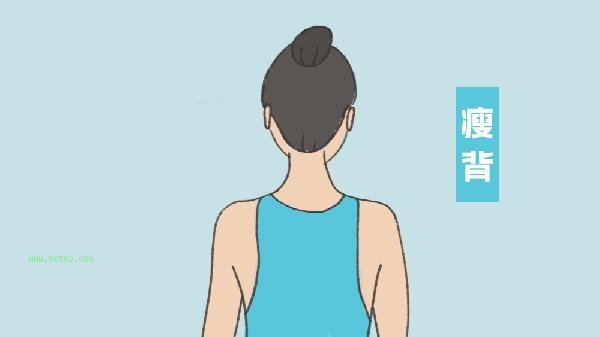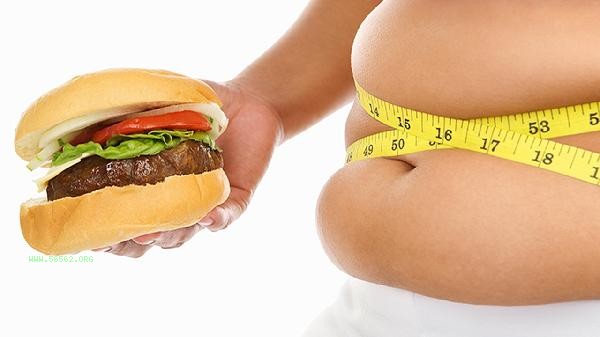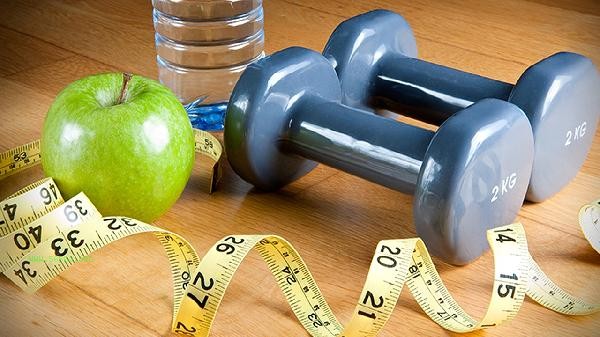Children who accidentally take weight loss pills may experience acute toxic reactions such as vomiting, palpitations, dehydration, and in severe cases, liver and kidney function damage. Common hazards include digestive system disorders, metabolic abnormalities, nervous system stimulation, cardiovascular burden, and growth and development disorders.

1. Digestive system disorders:
Weight loss pills often contain laxative ingredients such as senoside, which can cause abdominal pain, diarrhea, and even electrolyte imbalance in children after ingestion. Partial appetite suppressants may cause persistent nausea and affect nutrient absorption, requiring timely fluid replacement and monitoring of dehydration symptoms.
2. Metabolic abnormalities:
Some weight loss drugs work by interfering with fat metabolism, and children's metabolic systems are not fully developed, which may lead to risks such as hypoglycemia and ketoacidosis. Thyroxine components can also interfere with normal endocrine function, leading to abnormal fluctuations in basal metabolic rate.
3. Neurological stimulation:

Weight loss pills containing caffeine or sibutramine can stimulate the central nervous system, and children may experience symptoms such as insomnia, anxiety, and tremors. Excessive intake may trigger epileptic seizures, immediate gastric lavage and neuroprotective measures should be taken.
4. Cardiovascular burden:
Some weight loss drugs contain ephedrine like ingredients, which can cause children's heart rate to increase and blood pressure to rise. Children with underdeveloped hearts may experience arrhythmia, which can lead to heart failure in severe cases, requiring electrocardiographic monitoring and the use of beta blockers.
5. Growth and development obstruction:
Long term exposure to weight loss drugs may inhibit bone growth in children and affect gonadal development. Fat soluble drug components are prone to accumulate in the body, interfering with calcium and phosphorus metabolism and posing a risk of rickets. Regular monitoring of bone age and hormone levels is necessary.

If children accidentally take weight loss pills, they should immediately bring the medicine packaging to the hospital and do not induce vomiting on their own. Medications should be stored in a locked cabinet that children cannot reach in daily life, and children should be educated to distinguish between medication and candy. During the recovery period, it is necessary to provide a high protein, vitamin rich liquid diet to avoid excessive exercise that can burden the heart. Regularly review liver and kidney function and electrocardiogram to observe for delayed toxic reactions. It is recommended to manage children's weight through safe methods such as adjusting family dietary structure and increasing outdoor activities.




Comments (0)
Leave a Comment
No comments yet
Be the first to share your thoughts!